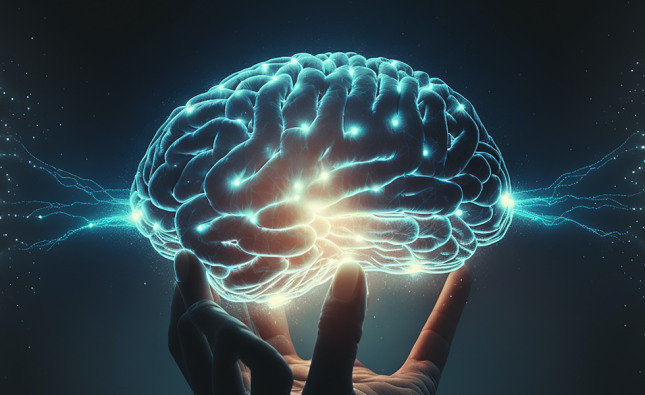
When it comes to our health, the kidneys often play an unsung role, silently working to maintain balance within our bodies. From their incredible functions to groundbreaking discoveries, the world of kidney science is a fascinating realm worth exploring.
Understanding the Kidneys
The kidneys, shaped like beans and roughly the size of fists, reside on either side of the spine, nestled in the back of the abdomen. Their primary role is to filter blood, removing waste products and excess fluids to produce urine. But their responsibilities extend beyond this.
Filtration Process: Inside the kidneys are millions of tiny units called nephrons, each functioning as a filtration system. Blood flows through these nephrons, where waste is removed, and essential substances like electrolytes and water are reabsorbed.
Fluid Balance: Kidneys regulate the body’s fluid balance, ensuring hydration and preventing dehydration or fluid overload.
Blood Pressure Regulation: They also help regulate blood pressure by controlling the volume of blood and releasing hormones that influence blood pressure and red blood cell production.
Common Kidney Disorders
Kidneys can face various challenges, leading to disorders that affect their functionality:
Chronic Kidney Disease (CKD): This condition gradually impairs kidney function over time, often due to conditions like diabetes or high blood pressure.
Kidney Stones: Crystallized minerals can accumulate, forming stones within the kidneys, causing severe pain and potential blockages.
Urinary Tract Infections (UTIs): Bacterial infections can affect the kidneys, bladder, or urethra, leading to discomfort and potential complications.

Recent Breakthroughs in Kidney Science
Organoids and Regeneration: Scientists have made strides in growing kidney organoids, miniature kidney structures, in laboratories. These models mimic the kidney’s functions, aiding in research and potentially offering avenues for organ regeneration.
Artificial Intelligence (AI) in Diagnostics: AI algorithms are being developed to analyze medical images and aid in the early detection of kidney diseases, potentially improving diagnostic accuracy and treatment outcomes.
Precision Medicine: Tailoring treatments based on an individual’s genetic makeup and specific disease characteristics is an emerging frontier in kidney care. This approach aims for more effective and personalized therapies.
Lifestyle and Kidney Health
Maintaining kidney health involves adopting healthy habits:
Hydration: Staying adequately hydrated helps the kidneys flush out waste and toxins.
Balanced Diet: A diet low in sodium, processed foods, and excessive sugars can benefit kidney health.
Regular Exercise: Physical activity aids overall health, including kidney function, by improving circulation and reducing the risk of conditions like obesity and high blood pressure.

Conclusion
Unveiling the complexities of kidney science reveals their vital role in maintaining our well-being. From their intricate filtration system to ongoing scientific breakthroughs, understanding and caring for our kidneys is paramount. By embracing healthy lifestyles and supporting innovative research, we pave the way for a healthier future, both for our kidneys and our overall health.










